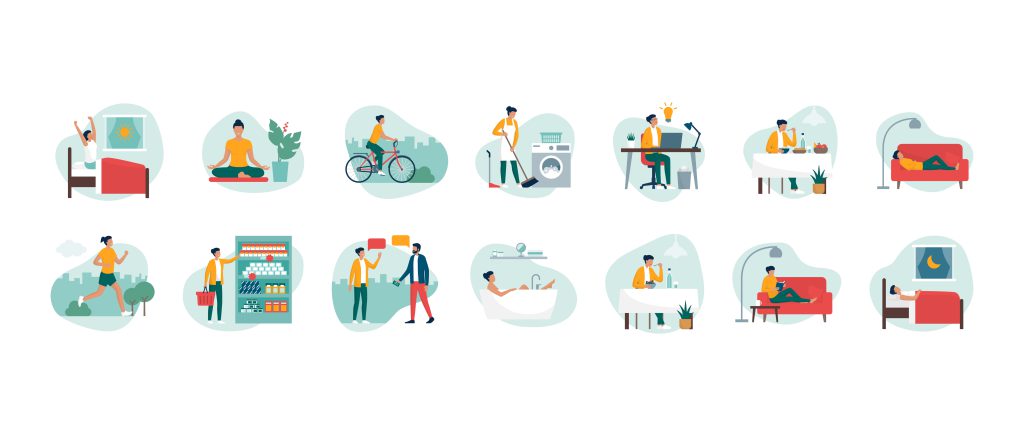
We often think about depression and anxiety in terms of symptom severity. In this week’s blog, we explore the role functional impairment plays in those disorders, as it tends to be overlooked. What is functional impairment? Functional impairment relates to what is more commonly…


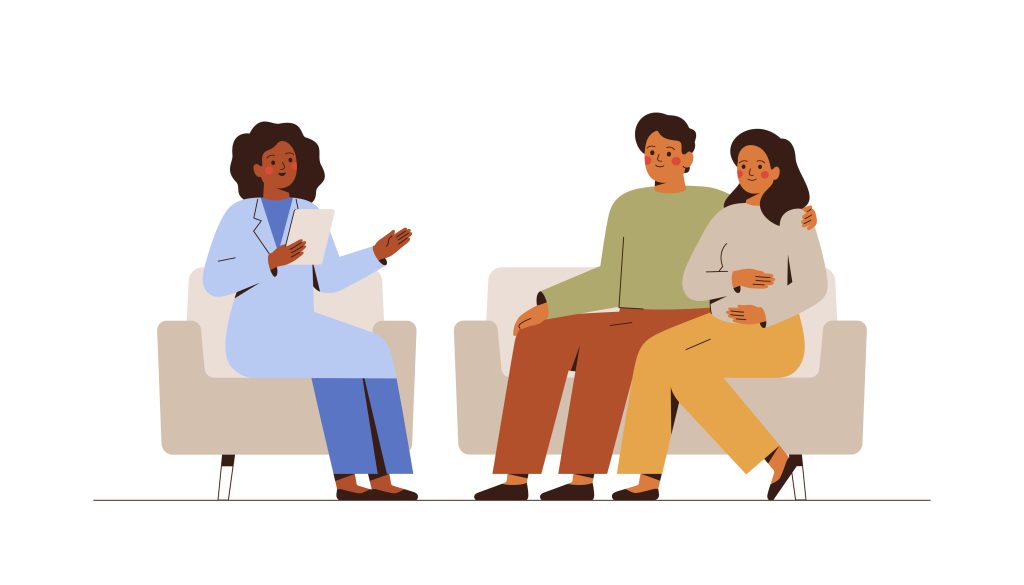
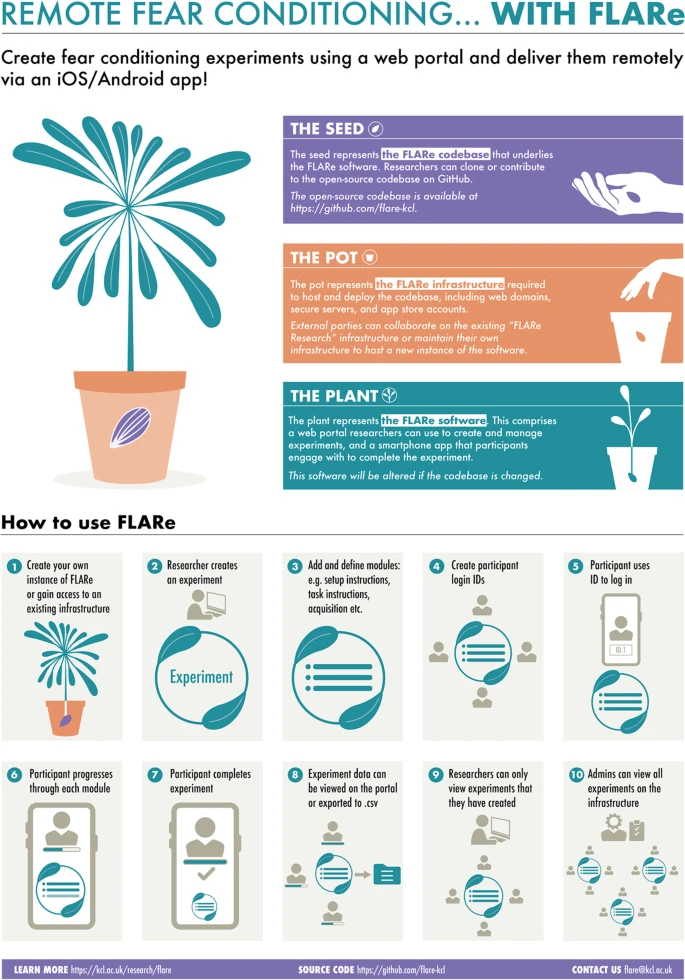

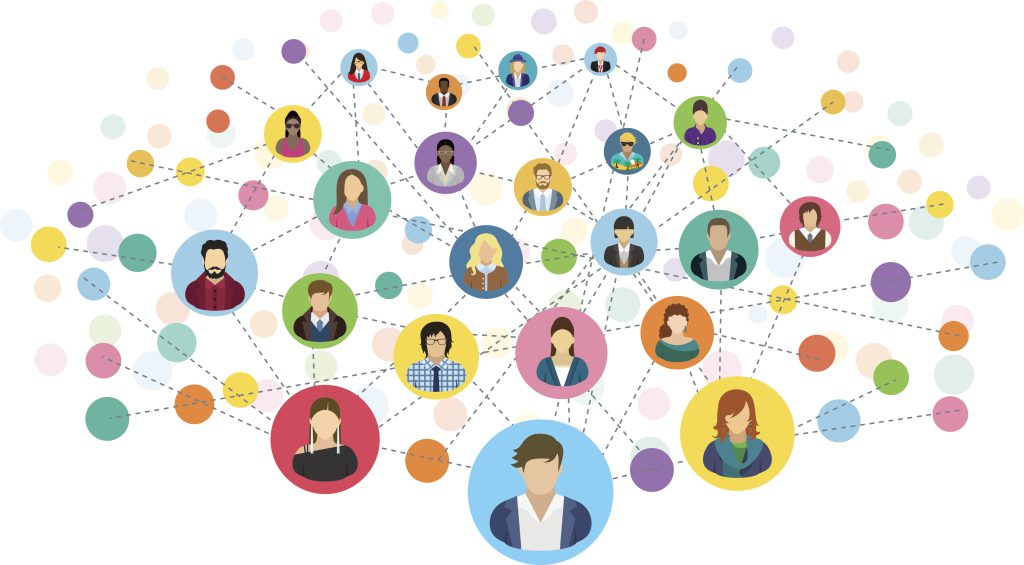



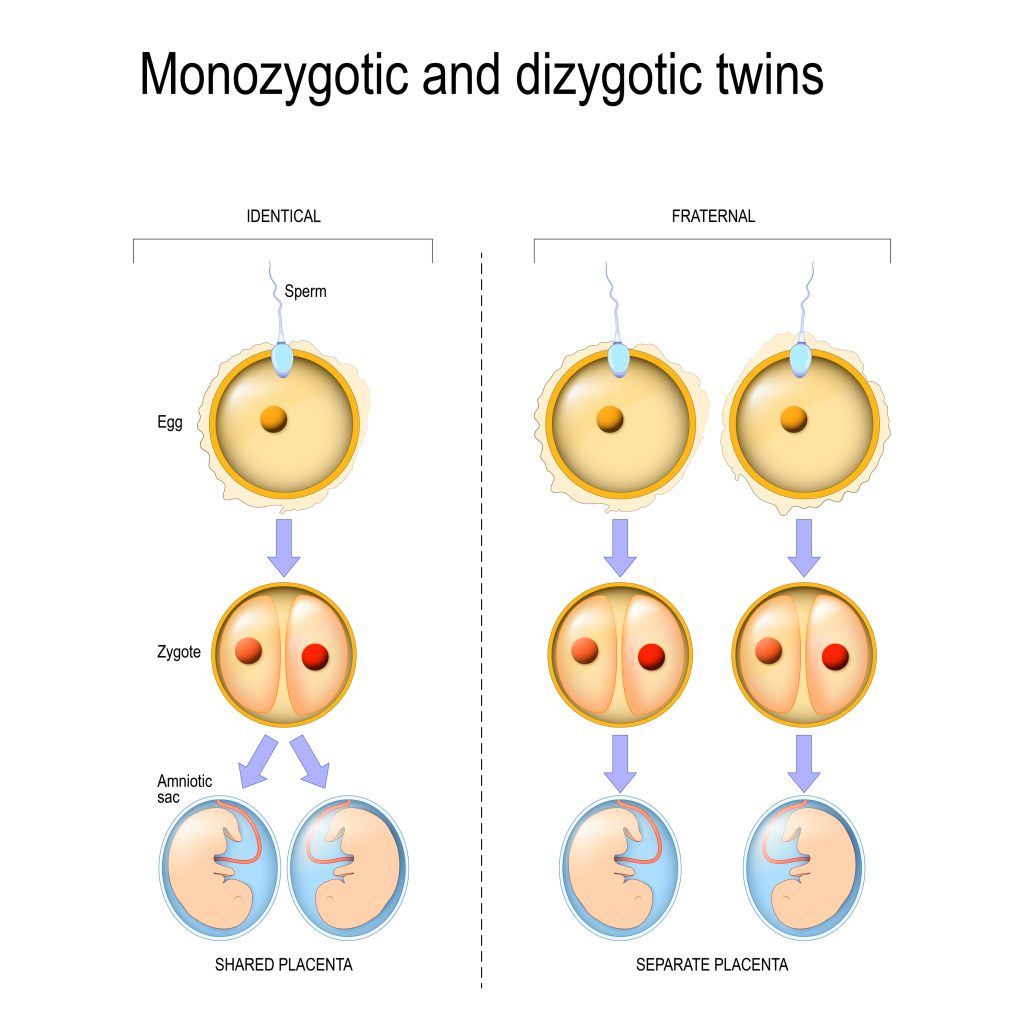
Recent Comments